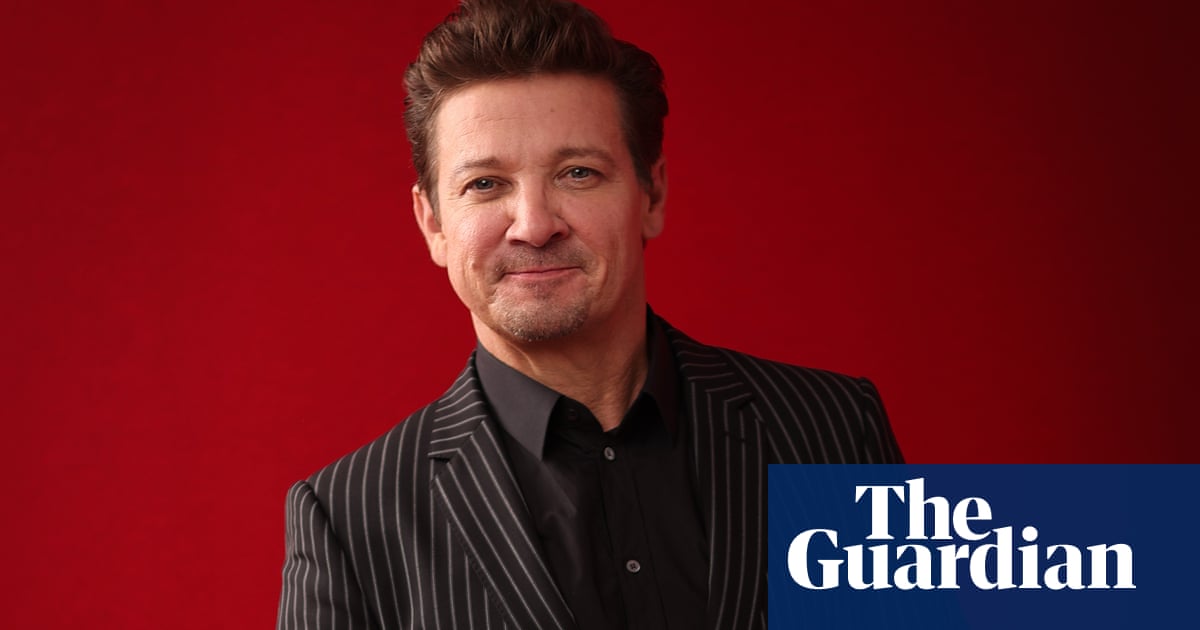What makes a politician an effective public speaker? We may not immediately know the answer, but we know it when we (don’t) see it. Monotone pitch, strangulated vowels or swivel-eyed certainty – these are the people telling us that difficult days lie ahead, or that only their party can deliver a better future. It would be nice if they seemed a bit more normal while they did it.
The good news is, they can get better at it – just ask Keir Starmer. This week it was confirmed that the prime minister worked with a vocal coach, Leonie Mellinger, for five years before entering Downing Street to soften his buttoned-up barrister’s monotone. Indeed, in a testimonial on her website, Starmer says Mellinger’s help “made all of this possible”. Quite the vote of confidence – some of us thought it was the voters.

Starmer has faced questions over the timing of one of his appointments with Mellinger during the Covid lockdown in December 2020, but there has also been some sniffiness that it happened at all. He needed to be taught how to speak?
It is a critique that many high-profile people fear when they ask for this kind of help, says Anthony Shuster, a speech and accent coach – he has signed plenty of NDAs as a result. “I think people want to preserve the mystique that they are effortlessly brilliant,” he says. “People like the idea that speaking well is a talent and it’s not: it’s a skill. And, like any skill, it can and should be practised if you want to get better.”
Shuster points to Ed Miliband as one public speaker who has greatly improved with coaching. The younger Miliband used to make a mistake common to inexperienced speakers – Kemi Badenoch does this, too, Shuster says – of dropping eye contact back to their notes at the end of a phrase, before allowing their point to land. (He recommends underlining the final three words of key sentences as an aid.)

Instead, Miliband’s most recent party conference speech in September (thankfully spoken with a teleprompter) “was really well delivered. He’s obviously had some support, but you can’t see the strings.” That’s important, too, he says – there’s nothing worse than when the coaching stands out a mile, as with Liz Truss’s pork markets-related rictus, Jeremy Corbyn’s “strong message here” or Penny Mordaunt bringing the bombast to urge the Tories to “stand up and fight”.
Louise Kerr, who like Shuster was previously an actor before founding Resonance Voice Training, says effective speaking is at heart “very physical and very muscular”. She says: “Once you’re speaking with muscularity, you get what we describe as gravitas. We get a fully voiced sound that can travel with ease.”
For those who are really terrified of public speaking, the physical effects are obvious – breathlessness, a frozen state – but even politicians who have given hundreds of speeches can be physically constricted, she says. “There’s a tension in Keir Starmer when you watch him talk,” says Kerr; she contrasts with Barack Obama, who she says has “complete physical and vocal ease”.
Her key tip? “Speak in short sentences and embrace the pause. It allows your message to land with your audience, it gives your voice the oxygen it needs, and allows your brain to find the next word.”
Sylvia Cohen, a communications coach, agrees that breath is vital, and says the goal is to release tension in the body in order to access the full range of our voice – something young children do naturally, but adults often lose as they get older.
She says: “There are three areas of the voice that we use naturally: the head voice, which is where we go for inspiration and humour; the heart voice, where we build rapport; and the lower register of the voice, where we go to create certainty and credibility.”
With good coaching, she says, someone will be able to access all three areas authentically. “But what lots of politicians do is get training [that focuses] only on the outcome. They talk in the lower register of the voice, but it’s not really their voice.”
Cohen suggests trying an exercise that involves planting one’s feet parallel on the ground, closing one’s eyes and balancing the head perfectly above the spine as if held by an imaginary thread. “You’ll feel that you’re rocking further forward on to your toes. You’ll notice the breath drop. If you speak in this new position, you’ll notice that the tone and pace of your voice have changed because you’re accessing more breath.
“If you do that just as a first step, things will start to change.”

.png) 2 months ago
52
2 months ago
52













































